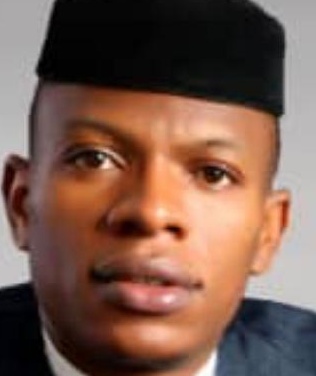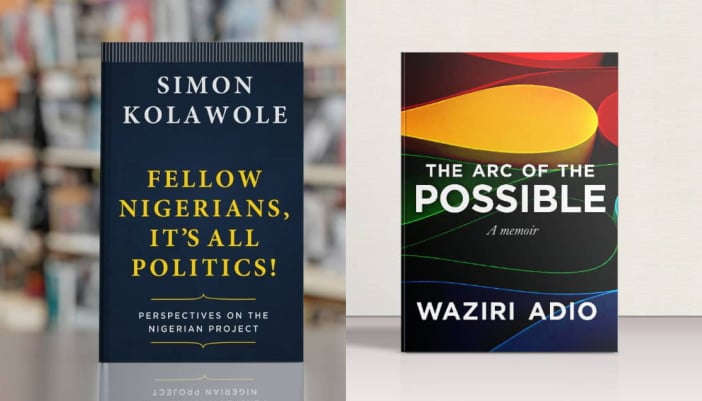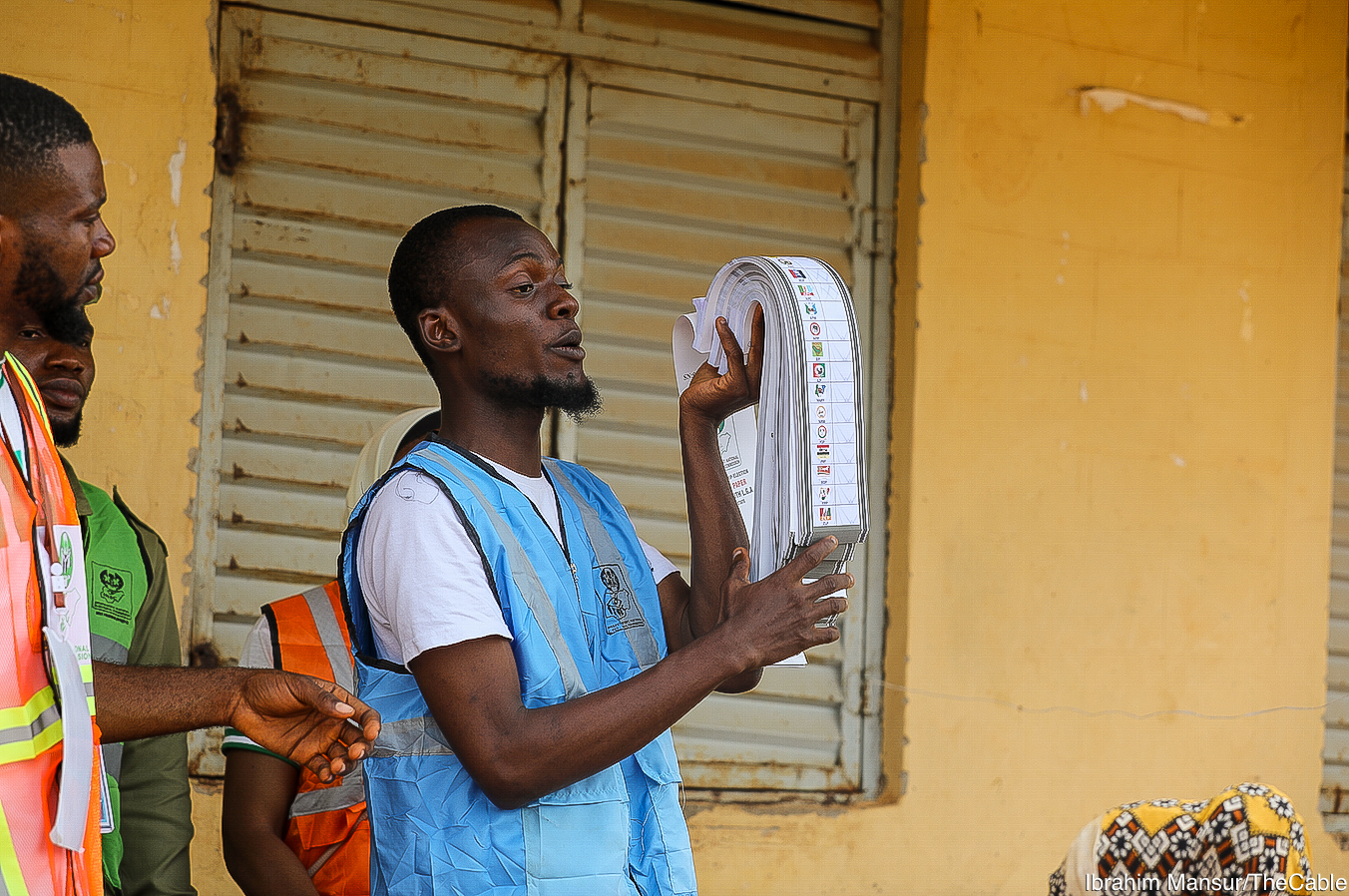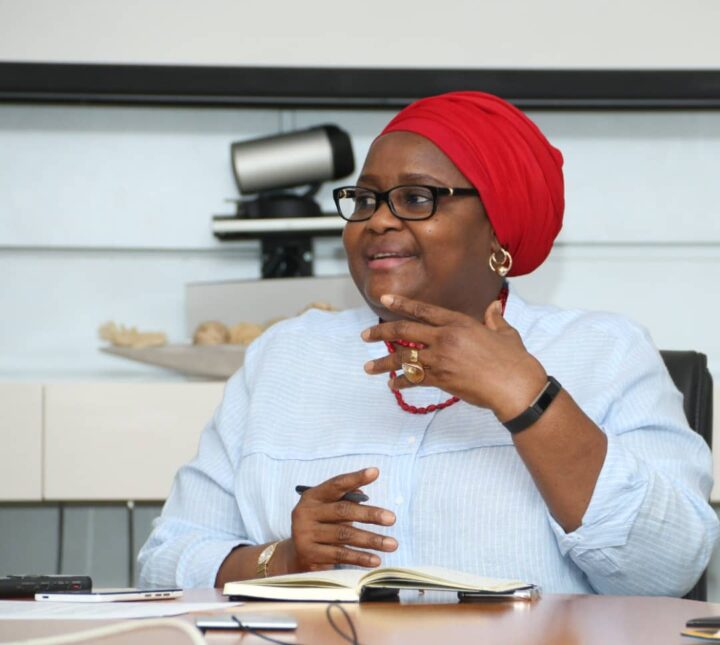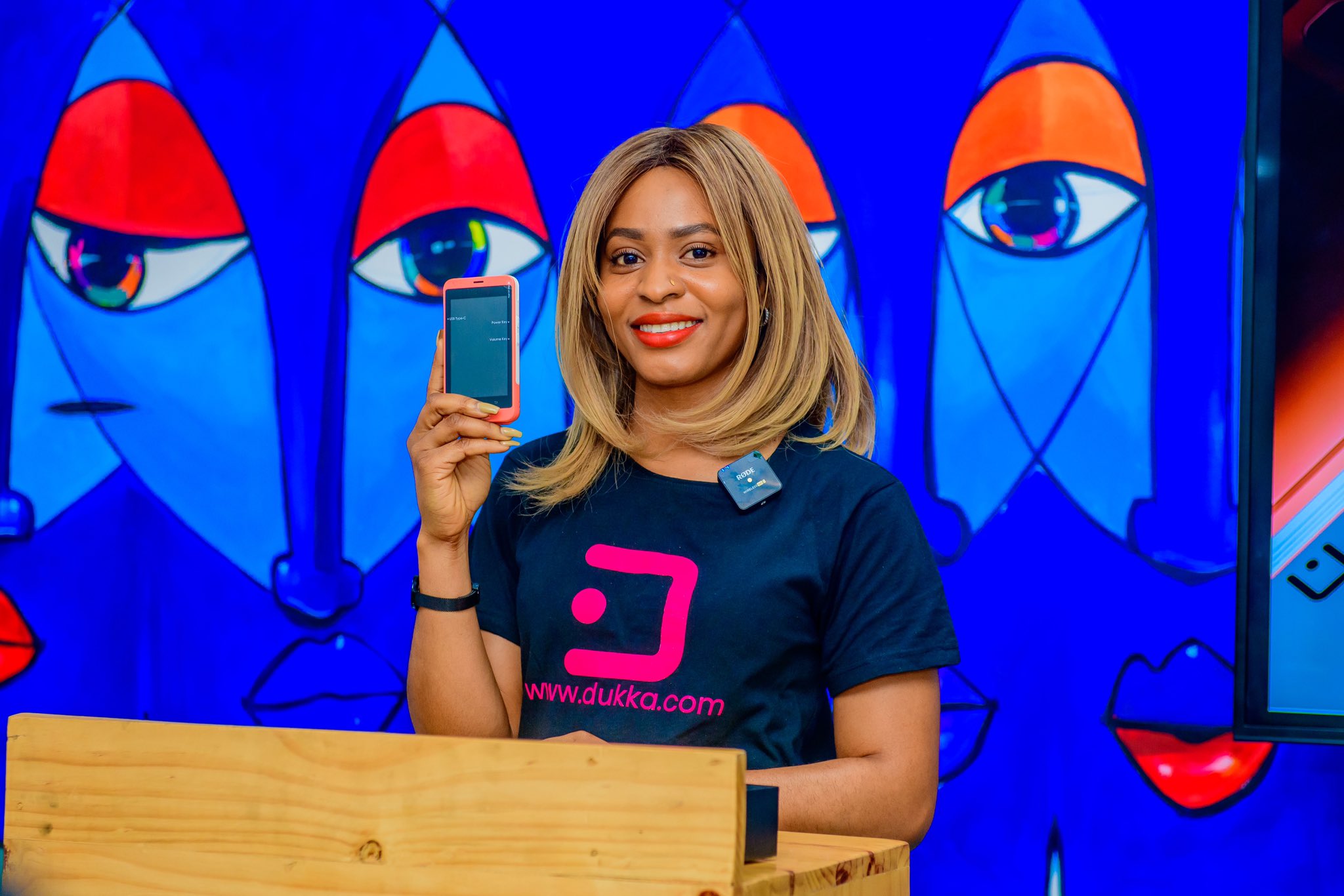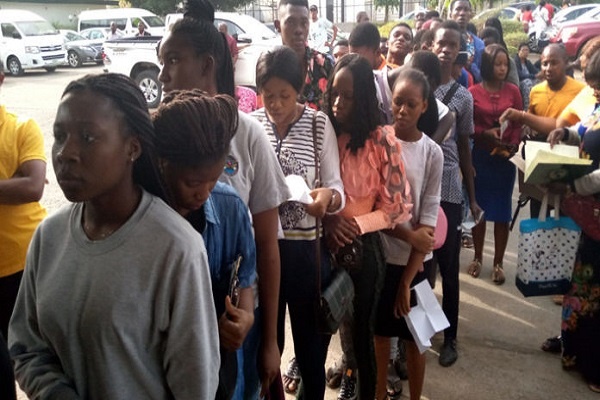You're no politician... be neutral as ad-hoc staff in 2023 elections, NYSC warns corps members
After a protracted military interregnum, Nigeria’s democracy appears to be on a cruise with fears of a potential military incursion almost non-existent. Since 1999 when the democratic rule was restored, Nigeria’s democracy has continued to grow in leaps and bounds with power changing hands in quadrennial elections at the ballot. Indeed, the current Fourth Republic has been its longest democratic spell. Whilst the First Republic (1963-1966) was truncated by a brutal military coup d’etat that has reverberated into the country’s future; the second, which lasted barely four years, took a similar hit, coincidentally, by the country’s incumbent president- General Muhammadu Buhari. The Third Republic was itself a non-starter as it was aborted in its infancy, if not in its conception by the General Ibrahim Badamasi Babangida military junta.
However, Nigeria is at the cusp of another critical democratic juncture that observers say would impact its future. In 2015, the country witnessed the first-ever transfer of power from an incumbent to an opposition political party; a historic moment that consolidated Nigeria’s democratic credentials and further doused fears of a potential unconventional takeover of power. When the then-ruling People’s Democratic Party (PDP) boasted that it would rule the country for 60 years, it could not have imagined that a powerful coalition would soon send it packing in less than two decades in power. The rest, as they say, is history.
As Muhammadu Buhari enters the final months of his presidency as allowed under Nigeria’s Constitution, the country is prepared to go to the polls again; an election the outcome of which has been predicted by many would be unprecedented. In spite of rumors of a possible postponement of the polls due to issues not unconnected with the controversial currency re-design policy of President Muhammadu Buhari as well as fears of insecurity; the country’s electoral commission and Head of the Federal Police have reiterated that the presidential and National Assembly elections will go on as scheduled on Saturday 25th February 2023. Nigeria’s electoral history is however not without instances of postponement of polls on grounds of security and logistics challenges.
Whereas over 450 seats in the bi-cameral Federal Legislative Houses will be on the cards for election, attention has been fixated on the presidential election. The Nigerian President is touted to be one of the most powerful in the world in terms of the wealth of almost unmitigable power warehoused in the office; a feature which highlights the pitfalls of the country’s federal system.
Advertisement
Whilst 18 political parties have been screened to field candidates for the election, there is a consensus however that the presidential election would be a three-horse race amongst Senator Bola Ahmed Tinubu- a former Senator and two-term Governor of Nigeria’s commercial and entertainment capital, Lagos; Businessman and former Vice President-Alhaji Atiku Abubakar (GCON); and Mr. Peter Obi who identifies as a Trader and former two-term Governor of Anambra State; one of the five States in the South Eastern region of Nigeria which has in recent years witnessed resurgent secessionist agitations. While Mr. Tinubu is of the ruling All Progressives Congress (APC); Alhaji Abubakar is of the main opposition PDP which had ruled for 16 years before it was sacked in 2015 by the APC -coalition. Mr. Peter Obi on the other hand is of the Labour Party (LP) – a fringe political party which has suddenly come into the national limelight since its platform was leveraged by Mr.Obi who unceremoniously defected from the PDP on the eve of the party’s primary election last May.
Nigeria’s politics and political-party affiliation are not known for any ideological rigor. It is therefore not totally surprising that all the candidates in #NigeriaDecides2023 have campaigned almost along the same lines of stamping out corruption; revitalizing the economy by job creation helped by a free market; stemming the tide of insecurity; confronting the country’s debilitating forex policy and generally improve the quality of life of the citizens amongst others.
However, assuming they qualify as one, ethnicity and religion appear to be the two frontal ideological subjects that will shape the voting patterns at the forthcoming polls. It is not that this feature is unprecedented in Nigeria’s electoral history. If anything, they could be described as the locus of political expression in Nigeria.
Advertisement
Nigeria is home to over 250 ethnic nationalities and delicately sits on a tripod of three major groups of Hausa/Fulani; Yoruba and Igbo which together are almost evenly divided between Christian and Muslim populations. Thus, the political and social engineering of Nigeria is often a delicate matter of ethnoreligious balancing, elections inclusive.
This state of affairs will probably be exacerbated by the ethnoreligious backgrounds of the three frontline candidates and the configuration of their tickets. Nigeria’s recent presidential elections had been essentially two-horse races between two major political parties: APC and PDP. That convention is however set to be tested by the entrance of the LP and its candidate-Mr. Peter Obi – an Igbo and Christian, who within a short span of 8-9 months has mobilized a political movement of predominantly young Nigerians who say they’re committed to supplanting the existing political and power configuration in the country which according to them is epitomized by the PDP and APC.
Thus, #NigeriaDecides2023, some analysts say will be a typical WaZoBia contest – an expression used to denote the tripodal ethnic makeup of the country. One has to go back to 43 years ago to discover such a geo-political parallel in the country’s presidential vote when Messrs. Shehu Shagari (Hausa/Fulani) of the National Party of Nigeria (NPN); Nnamdi Azikiwe (Igbo/Christian) of the Nigerian People’s Party (NPN) and Chief Obafemi Awolowo (Yoruba) of the Unity Party of Nigeria (UPN) sparred for the keenly contested 1979 presidential election.
Added to the clamor for a power shift to the South that continues to attract sympathy in the Southern belt of the country as well as the controversial same-faith ticket of the ruling APC, it is widely believed that ethnicity and religion will play a dominant role in who becomes Nigeria’s next president depending on how the outcomes calibrate with the constitutional requirements for returning a winner at the first ballot.
Advertisement
With the interspersed regional dominance of each of the three front liners coupled with the hold of another presidential hopeful-Engineer Rabiu Musa Kwankwaso -a former two-term governor, Federal Lawmaker and Government Minster – in Kano- a prominent swing state, not a few persons have projected that for the first time in its history, Nigeria’s presidential election might be determined in a second ballot as the prospect of a clear winner emerging at the first ballot is slim. The electoral commission says they’re prepared for the logistical implications of this eventuality.
Data on registered voters released last month by the electoral commission revealed a total number of 93.4 million voters; representing an 11% increase from the 2019 figure which stood at 84 million. The increase in the number of registered voters is attributable to the excitement that has greeted this particular election which has been described as very consequential after the lackluster years of the Muhammadu Buhari government. The majority of the newly registered voters are young Nigerians between ages 18 and 34 who incidentally represent the largest voting demography in the released register with over 37 million registered voters.
Nigeria’s elections have often been historically marred by widespread voter apathy but there are indications that may not be the case this time. A survey by SBM Intelligence- a non-profit organization with an interest in elections and governance says that over 79% of registered voters had collected their Permanent Voter Cards (PVCs). This data is however not corroborated by the electoral commission which is yet to release the official data in that regard.
The general interest and excitement that has greeted the election are perhaps better demonstrated by the number of polls that have been conducted by numerous local and international organizations attempting to predict the outcome of the election. Whilst most of the polls have favored the Labour Party Candidate -Mr. Peter Obi, the campaigns of the two major political parties: APC and PDP, dismiss them as being unreflective of election-day reality. They have also challenged the methodology of these projections as well as its sampling size; and at least on one occasion, the integrity and impartiality of one of the leading pollsters have been called into serious question. Nigeria’s politics remain for the most part rural and terrestrial and the opinion and/or voting patterns of urban voters who are mostly captured in such predictive polls rarely count for much. It remains to be seen, however, how the projections of the various pollsters align with the outcome of the election the dynamics of which have been acknowledged to be unprecedented.
Advertisement
With serial blackouts; growing insecurity and secessionist agitations in the South East and South Western regions of the country; rising inflation and associated economic dislocations to name a few; Nigeria sits delicately on the edge of a precipice. It is hoped that whoever takes over from Muhammadu Buhari will be able to stem the tide of retrogression and launch the country back onto the course of unity and progress. Many of the leading candidates say that is what they intend to do. But they must now wait with bated breath as the electorates decide their fates.
A lawyer and public interest commentator, Raymond Nkannebe can be reachable via @RaymondNkannebe on Twitter or [email protected]
Advertisement
Add a comment
